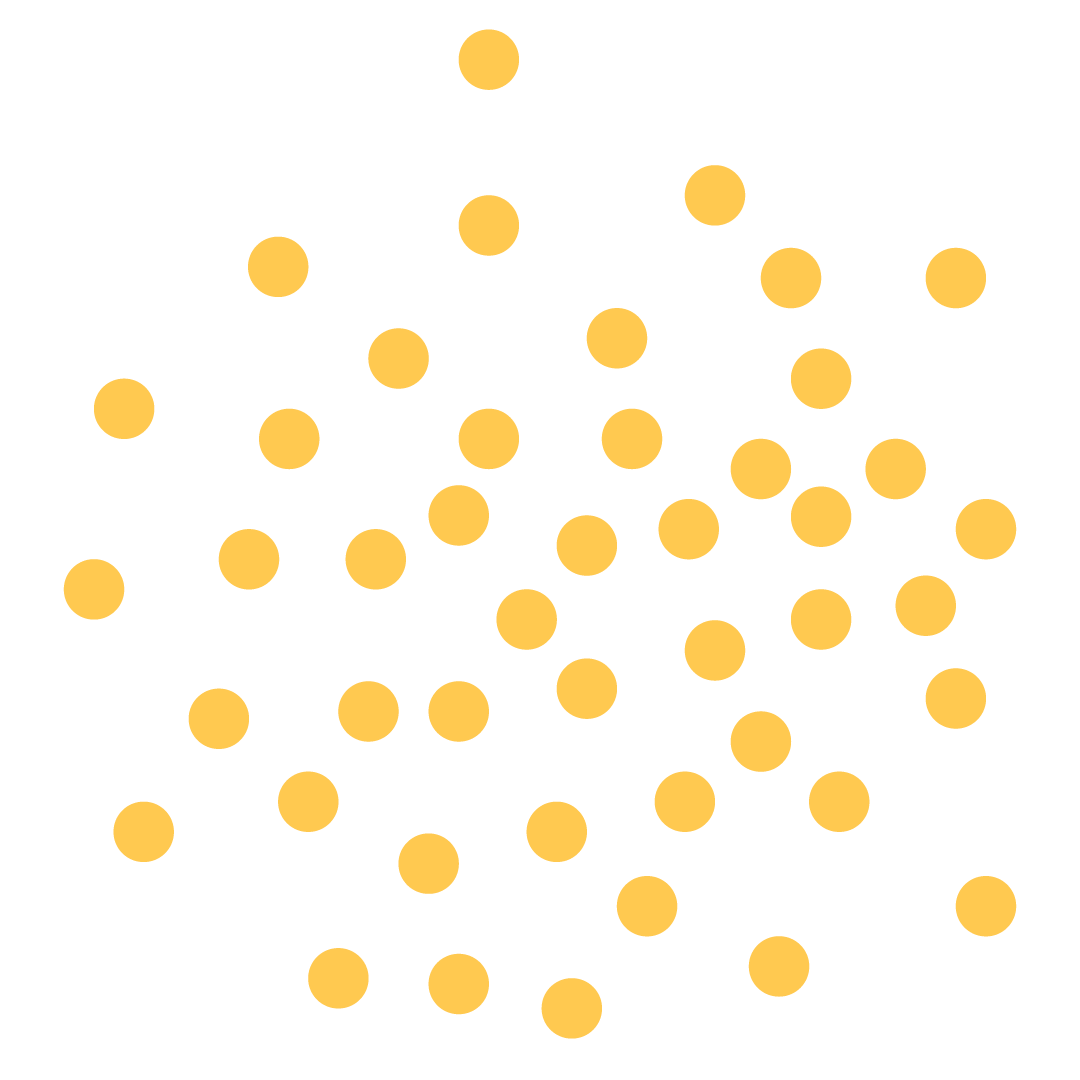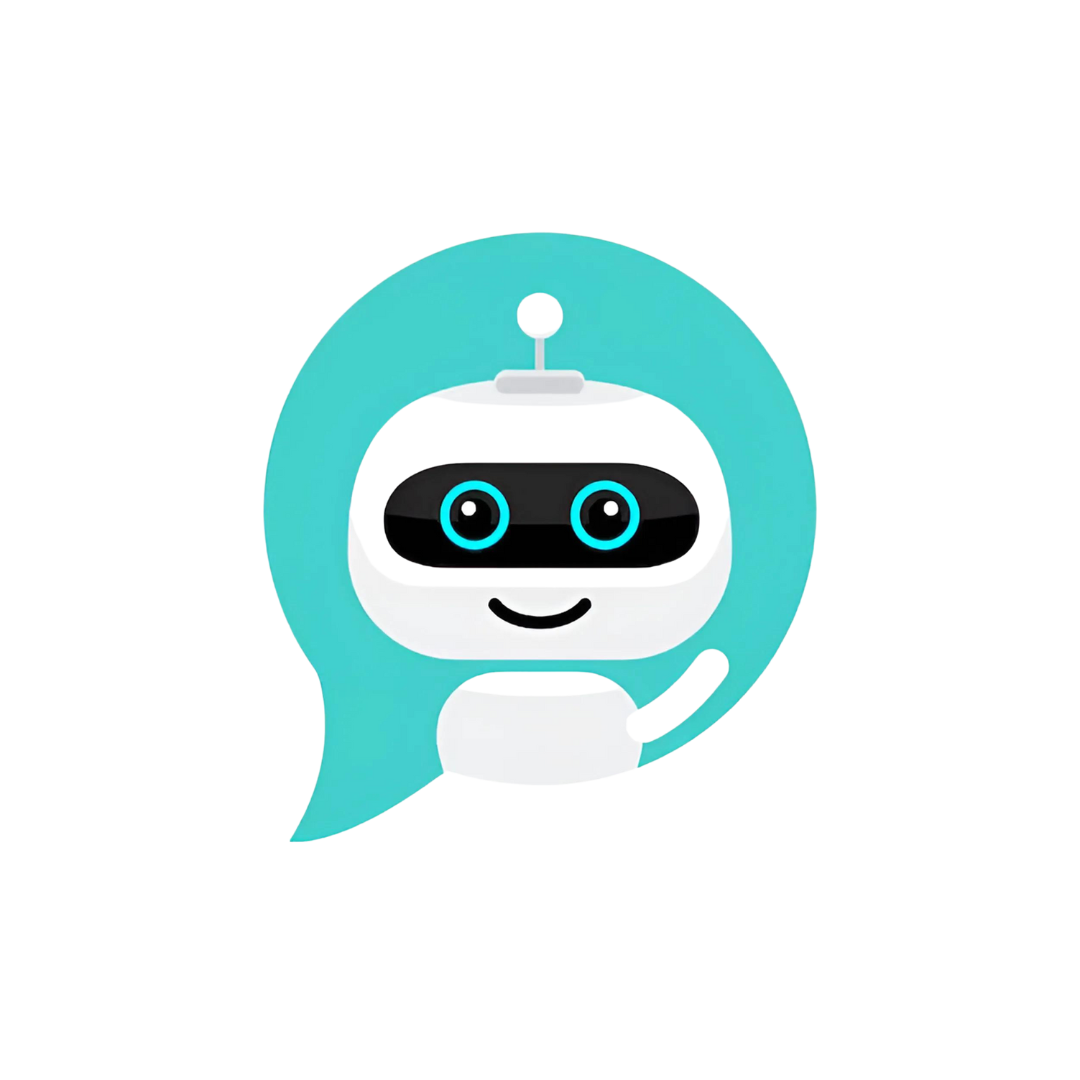ASP .Net Core Web Developer
Home > Training Programs > ASP .Net Core Web Developer
The ASP .Net Core Web Developer Training Program
Building a strong foundation for beginners and experienced programmers
Are you looking to take your web development skills to the next level? Do you want to become a highly sought after expert Microsoft ASP.NET Core web developer with cutting-edge skills? Look no further!
Our comprehensive training program covers everything you need to know to become a proficient and sought-after ASP.NET Core web developer.
Throughout this program, you will learn the ins and outs of web development, from understanding the basic structure of the web to creating web applications with ASP.NET Core MVC and building web APIs using RESTful principles. You will also become well-versed in client-side web technologies such as HTML, CSS, and JavaScript, as well as the powerful and popular C# programming language.
In addition, you will gain a solid understanding of databases and data access in ASP.NET Core, learning to use Entity Framework Core to persist data and create complex data models. You will also become familiar with middleware and services, authentication and authorization concepts, and testing and deployment best practices.
By the end of this program, you will have a solid understanding of ASP.NET Core web development and the skills needed to develop complex and scalable web applications. You will be equipped with cutting-edge skills that are highly sought after in the industry, setting you apart from other developers and giving you a competitive edge in the job market. Don’t miss this opportunity to take your web development skills to the next level and become a highly sought-after expert ASP.NET Core web developer.






Program Objectives
This comprehensive training program is designed to equip you with the skills and knowledge needed to become a highly sought-after expert ASP.NET Core Web Developer with cutting-edge skills. The program is designed to provide you with an in-depth understanding of web development, client-side web technologies, C# programming language, .NET Core, ASP.NET Core Web Development, and other essential technologies.
By the end of the program, you will have acquired the necessary skills and knowledge to design, build, and deploy scalable and secure web applications using ASP.NET Core. You will be able to create rich, interactive, and dynamic web applications that meet modern industry standards.
Upon completion of this program, you will be able to:
- Understand the fundamentals of web development and client-side web technologies
- Build web applications using ASP.NET Core and Razor Pages
- Develop web APIs using ASP.NET Core
- Implement authentication and authorization in your web applications
- Understand database concepts and use Entity Framework Core for data access
- Write unit and integration tests for your web applications
- Develop custom middleware and services using Dependency Injection
- Understand HTTP and HTTPS protocols and use them in your web applications
- Deploy your web applications to various environments, including Azure Cloud
With the skills and knowledge gained from this program, you will be well-equipped to transform your career as an expert ASP.NET Core Web Developer and advance your professional growth in the rapidly evolving tech industry.
Program Outline
Below is the high-level outline of The .Net Core Web Developer Training Program
- Web development and the different types of web applications
- Understanding the basic structure of the web, including HTML, CSS, and JavaScript
- Basic concepts of web servers and web clients
- Understanding HTTP and HTTPS protocols
- Overview of popular web development frameworks and libraries
- Understanding the basics of client-side web technologies such as HTML, CSS, and JavaScript
- HTML in detail
- CSS in detail
- JavaScript in detail
- Introduction to JQuery
- Introduction to Single Page Applications (SPA)
- Popular SPA frameworks – Angular & React
- Introduction to C# programming language
- Data types, variables, and control structures
- Methods and classes
- Object-oriented programming (OOP) concepts
- Inheritance and polymorphism
- Delegates, events, and lambda expressions
- What is .NET Core?
- .NET Core architecture and components
- Installing and setting up the development environment
- Understanding .NET Standard and .NET Core
- Understanding the history and evolution of ASP.Net Core
- Overview of the ASP.Net Core Web Development architecture
- Setting up the development environment (Visual Studio, Visual Studio Code, .NET Core SDK)
- Creating a basic ASP.Net Core Web Development project and exploring the project structure
- Choosing an ASP.Net Web UI approach
- Introduction to Razor Pages and its features
- Understanding the Page Model
- Working with Razor syntax and creating dynamic content
- Razor Page Filters
- Page Routing, Discovery and processing
- Handling form submissions and working with validation
- Creating reusable Razor Page components
- Introduction to ASP.Net Core MVC and its features
- Understanding the MVC design pattern in ASP.Net Core
- Building presentation layer using views and partial views
- Creating and configuring controllers, views, and models in MVC
- Routing and URL management in ASP.Net Core MVC
- Working with forms and validation in MVC
- Introduction to Web APIs and their role in modern web development
- Overview of RESTful API design principles
- Creating a controller-based API
- Creating a minimal API
- Implementing CRUD operations in Web APIs
- Understanding input validation and error handling in Web APIs
- Versioning and documentation of APIs
- Consuming APIs using Swagger and Postman
- Introduction to databases and database concepts
- Relational database management systems
- SQL language fundamentals
- Data modeling and design
- Normalization and denormalization
- Indexes and query optimization
- Relational vs non-relational databases
- Overview of data access in ASP.Net Core Web Development
- Introduction to Entity Framework Core
- Creating and configuring models and data contexts
- Databinding with Razor Pages
- Creating and querying databases with EF Core
- Entity Framework Core with ASP.NET Core MVC
- Querying and manipulating data using LINQ
- Understanding database migrations and seeding
- Introduction to Middleware and Services in ASP.NET Core
- Creating custom middleware and services
- Dependency Injection in ASP.NET Core
- Implementing logging and exception handling
- Understanding authentication and authorization concepts
- Implementing authentication using
- Identity Framework
- Authorization using policies, claims and roles
- Securing resources and protecting against attacks
- Implementing external authentication providers
- Understanding the importance of testing in web development
- Introduction to xUnit.net testing framework
- Writing unit tests for controllers and actions
- Using Moq to mock dependencies for unit testing
- Writing integration tests for Web APIs and database access
- Implementing test-driven development (TDD) practices in ASP.NET Core Web Development
- Best practices for testing in ASP.NET Core Web Development
- Configuring test environments and using test runners
- Understanding performance and load testing in ASP.NET Core Web Development
- Using tools like Postman for API testing and Selenium for UI testing.





Training Methodology
This program follows Aitrich Training Methodology(ATM), which is designed to provide a real-life software engineering experience to the students.
ATM is a specialized learning methodology that follows standard software engineering principles and practices as part of the whole learning process. It is based on a project-based, team-oriented, and instructor-led approach that emphasizes collaboration, problem-solving, and continuous improvement.
The entire program is designed around a software project that develops a real-life application and the whole batch of students are organized as the team members who develop the system. The team will follow agile methodologies such as SCRUM, and software engineering principles and practices as part of their daily tasks. As the program progresses towards the end, the project will be fully developed by the team members.
At the end of the program, the students will have all the skills of an experienced software engineer who can undertake serious software projects with a sense of ownership.
What other essential skills you earn from this program
Beyond .Net Core Web Development
Since this training program is following Aitrich Training Methodology, this program will have the following salient features, besides the technical topics covered:
The Training Program is conducted as a project-based training program, allowing participants to apply what they have learned through hands-on experience with real-world projects. Participants will develop an end-to-end software project using all the topics they’re learning in the training incrementally, throughout the course of the program. This will provide the participants with all the skills required to become confident Java Developers who can join any professional software team.
The training program follows Agile development methodologies and uses SCRUM for project management and Kanban for tracking progress. This allows the participants to experience and practice professional software engineering disciplines and practices in the real world.
The training program is designed to foster teamwork, collaboration, and communication among participants, mirroring real-world team environments. The roles and responsibilities they handle on a daily basis as part of the learning and project development will make them natural teamsters and often leaders.
The training program emphasizes the use of Extreme Programming (XP) practices such as Test-Driven Development (TDD), Pair Programming, and Continuous Integration and Delivery.
The training program covers the principles and practices of Domain-Driven Design (DDD), an approach to software development that focuses on the core domain and business logic of the application.
The training program covers the use of Unified Modeling Language (UML) and other tools for architecture and system design, helping participants develop a deeper understanding of how to design and develop high-quality, scalable software systems.
The training program leverages the power of professional software development tools such as Git for Source Control, Trello for Task Management and Jira for Issue Tracking. This will allow the students to get familiar with these essential tools for standard software engineering in professional organizations.





pre-requisites & program duration
- Familiarity with C# programming language.
- Understanding of OOP concepts.
- Knowledge of HTML, CSS, and JavaScript.
5 Months
Certification
TO DO !



Ready To Kickstart Your Tech Career?
we will contact you back within 24hrs via email.
Students testimonial
Discover the Inside Scoop
-Hear From Students Themselves






Similar Training Programs

Enterprise Java Developer
Enterprise Java Developer is a comprehensive course that covers Java enterprise development concepts and technologies. It is designed to equip learners with the necessary skills and knowledge to develop enterprise-level Java applications.

Java Cloud Native Developer
Java Cloud Native Developer course is designed to teach developers how to build cloud-native applications using Java programming language and modern cloud-native technologies such as containers, Kubernetes, and microservices architecture.




